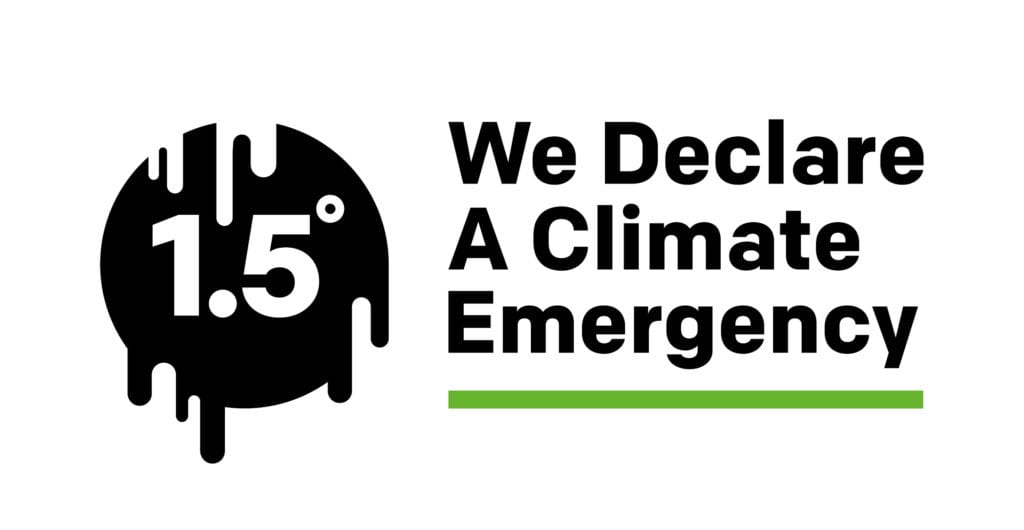By Jonathan Dudding
Back in February 2020, before COVID hit, a gathering of ICA:UK staff, Board members and Associates agreed that we needed to be paying more attention to how our work is affecting the environment, and to be more conscious of the climate in how we think and act. Well, it has taken us some time, but in November the ICA:UK Board agreed a new Climate Policy, setting out our ambition to understand and improve our practices in order to reduce our carbon footprint.
With our policy in place, our first action is to Declare a Climate Emergency, not only as a reminder to keep it in the forefront of our minds, but also to demonstrate to the world that we recognise the seriousness of the situation and are trying to do something about it.
We have been helped considerably in our efforts during the pandemic. COVID caused us to cancel all our face to face training (thereby reducing our use of venues, of materials, travel, etc.) and to transfer both our training and facilitation skills online. Equally travel for staff, Board members and Associates has almost been non-existent.

As we approach the end of 2020, however, with signs that the impact of the pandemic is likely to diminish over the coming 6-12 months, we are challenged to “build back better”: if we are to resume face to face training, for example, how can we improve our practice so that we can reduce our carbon footprint? Can we reduce travel by (for example) holding courses in more locations across the UK, developing a wider network of trainers to deliver them, checking the environmental policies of potential venues, etc.
The pandemic has taught us that meeting online can now be seen as a viable alternative to meeting face to face. The developments in both technology and the successful transfer of facilitation values and skills into the online environment mean we can now have smooth, fun and effective meetings online, bringing both financial savings and a reduction in carbon footprint. As we move on, how can we best support people to make informed choices about the type of meetings (face to face, online, hybrid) they hold, and ensure they have the necessary skills to deliver them?
More widely, what role can we play to help others to reduce their carbon footprints? Can we encourage participants to travel by bicycle, can we offer our skills as facilitators to help others identify and plan for the changes they need to make?
All these questions we will take with us into 2021, and as we do so we can be inspired and informed by the work of ICA colleagues in other parts of the world (see, for example, this from Boulder, Colorado, USA)
